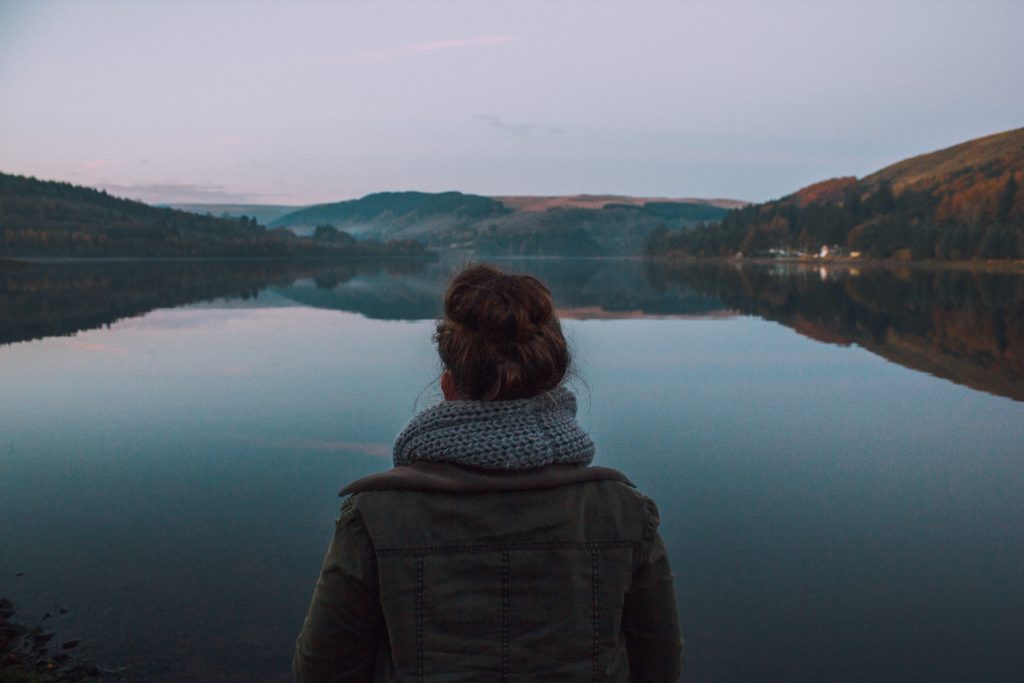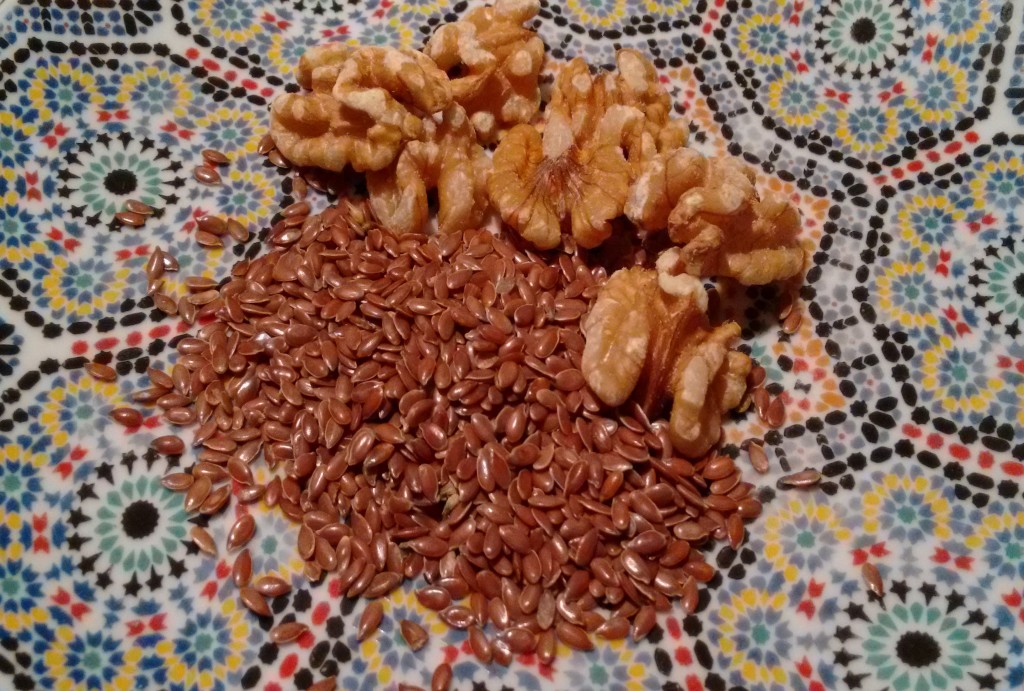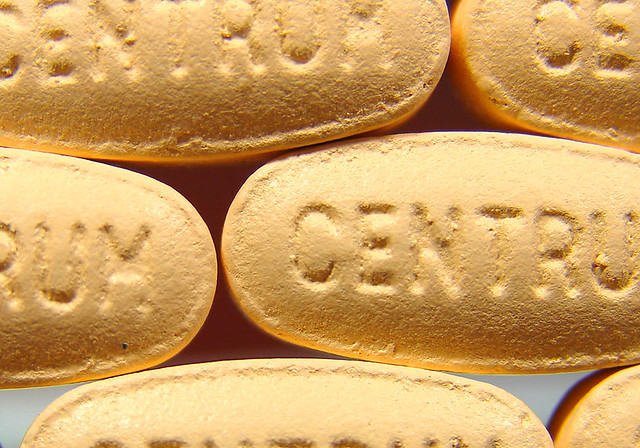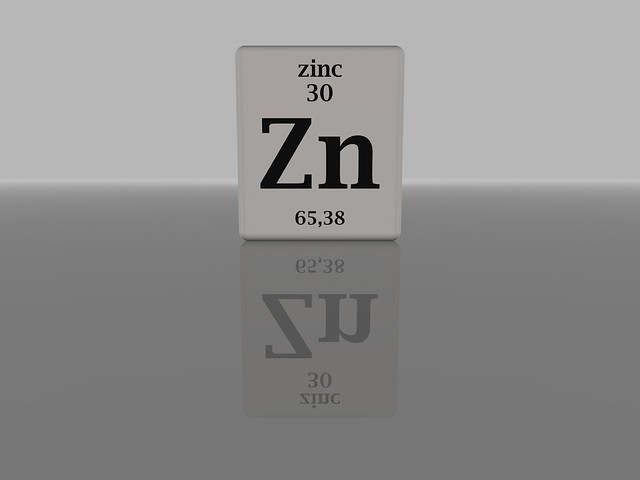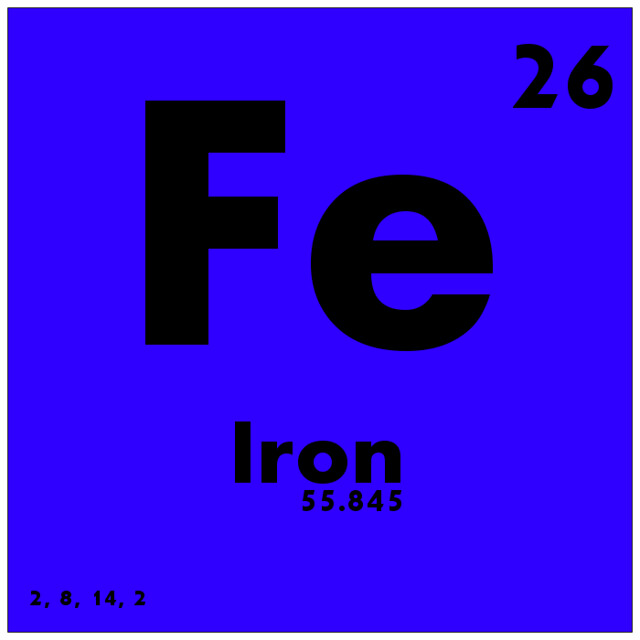
Let’s talk the white stuff.
Uh…that’s sugar.
Not, like, flour.
Or snow.
Or dandruff.
Or any other white stuff.
Sugar.
Several foodstuffs constitute sugar; that’s to say, they act the same as sugar would once inside your body; but to keep it simple, I’m just gonna talk about plain ol’ sugar here. Sugar that is sugar before it goes in your body; sugar once inside.
Now I know YOU KNOW this post is not gonna be good news about sugar; but before sugar, the absolute best first thing you can do for yourself in terms of all aspects of your health is to stop eating animal products. This is the most important dietary change you can make.
I want to talk about sugar however, because it too has some extremely egregious health effects you need to be aware of.
Harmful effects of sugar
OK, so I’m pretty sure you know about the link between sugar and tooth decay. (My mouth wishes I’d known sooner).
And you probably have a good grasp on the whole ‘sugar spikes your blood’ dealie. We know that sugar causes energy rushes that soon turn to crashes – not the best way of achieving consistent, long-lasting energy.
So far so blah.
But one of the worst effects in my experience (because I and many others I know have lived through this), is that sugar is candida food.
If you don’t know, candida is a yeast that lives in your gut naturally. Due to various influences disrupting the balance of gut flora (antibiotics* being one, but there are MANY others), it can multiply and proliferate and cause a whole host of awful symptoms.
Sugar, which is candida food, helps this beast grow out of control.
Why is candida so bad? What’s the big deal?
Candida is linked to soooo many diseases and conditions.
You may be surprised to know that candida is even linked to mental health – YES, that’s mental health – the extent to which we are only just learning.
It is linked to depression, (here is one academic paper on this subject – there are others) autism, bi-polar disorder, and schizophrenia.
It is also linked to alcoholism, multiple sclerosis, chronic fatigue syndrome, fibromyalgia, Crohn’s disease, Celiac disease, oral and oesophageal cancers, endometriosis, and inability to lose weight.
There is also a connection between candida and cystic fibrosis, though this link needs to be investigated more.
It is linked to lots of cancers indirectly, as candida suppresses the immune system – an ideal situation for cancer to develop; but it is also thought to be linked to lots of cancers in a more direct way, though there isn’t enough scientific evidence as yet to prove the links conclusively.
There are many more diseases that candida is thought to be linked to, but there haven’t been enough studies carried out as yet to prove this without doubt.
There seems to be a lack of will to fund studies. Possibly this is because candida can be cured with cheap remedies and a change of diet. Therefore, it wouldn’t be accurate to think that just because there isn’t sufficient evidence, that there isn’t a link between a disease and candida.
Bottom line – Stop feeding the candida beast!
Don’t forget that sugar has addictive properties similar to those found in street drugs. It’s all the more surprising then (or is it?), that food manufacturers want to feed our addiction!
How do I avoid sugar?
We KNOW there’s gonna be sugar in cookies and candy etc. But where are all the hidden sneaky places sugar can be found?
You’re not going to like this – it’s blinking everywhere!
It’s in:
Breads
Plant-based yoghurts (even plain ones!)
Chilli sauces (except Tabasco and Cholula, woohoo!)
Pasta sauces
Indian restaurant food
Chinese restaurant food
Cans of baked beans, refried beans etc
Plant milks (One popular brand I just looked at had sugar as the second ingredient – before the almonds even!!!)
Pickles
Soft beverages in bottles, cans or cartons (including most healthy-looking ones)
Cereals (including plain ones – Corn Flakes, Weetabix, All-Bran etc.)
You can very easily see how over the course of a day your sugar intake can creep up – and that’s without you even knowingly USING sugar.
It’s worth noting none of these foods NEED sugar to taste good, or as a preservative. It’s almost as if it’s in someone’s interest to keep us full of candida-fuelling sugar!!
What can you do?
Though the ideal solution is to completely eliminate sugar from every source, it’s very difficult seeing as how we clearly live in a sugar-saturated world.
The best thing you can do is just KNOW when you are eating something containing sugar. That way you can monitor your intake and make sure it is minimal.
Make your own food as much as possible of course; but when you DO buy pre-made products, just take an extra second to scan the ingredients list on the label. If you’re vegan you’ll be checking to see if there are animal products anyway, so just take an extra second to check for sugar. If the product contains sugar – pick a brand that doesn’t contain it.
It may be a pain in the butt initially, but you’ll quickly get to remember which products contain sugar and which don’t.
*I am not against antibiotics when they are truly needed; just against the over-prescription of them.



